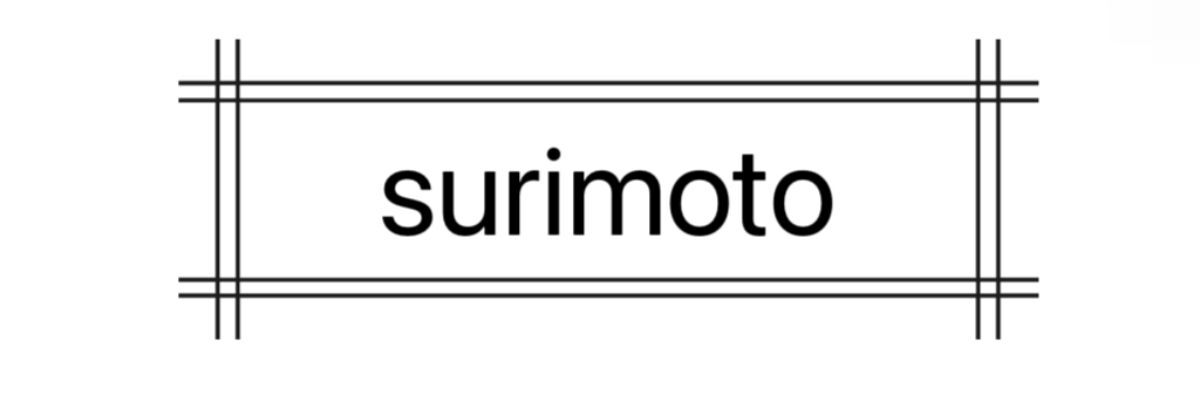Polyester Advantages and Disadvantages in 2024
Nov. 12, 2024
Polyester Advantages and Disadvantages in 2024
As we step into 2024, polyester continues to be a leading fabric choice around the globe. A recent comprehensive survey conducted in early 2024, which involved feedback from industry experts, consumers, and eco-conscious groups, provided valuable insights into the advantages and disadvantages of polyester. This article distills those findings, giving you an overview of what to expect from polyester in the current year.
Understanding Polyester
Polyester, a synthetic fabric made from polyethylene terephthalate (PET), is known for its durability, wrinkle resistance, and versatility. While it has been popular in various applications ranging from clothing to home furnishings, the conversation around its environmental impact and consumer preferences has evolved. Let's delve into the key advantages and disadvantages identified in our survey.
Advantages of Polyester in 2024
1. Durability and Strength
One of polyester’s key benefits is its durability. According to 70% of survey respondents, polyester maintains its shape and form after multiple washes, making it an ideal fabric for clothing that withstands wear and tear.
2. Affordability
Polyester remains one of the more affordable fabric options available. Approximately 65% of users highlighted cost-effectiveness as a top reason for their preference for polyester over natural fibers.
3. Water and Stain Resistance
Polyester’s inherent water-resistant properties make it an attractive option for outdoor furniture and activewear. 68% of surveyed consumers appreciated these qualities, noting they require less maintenance compared to other fabrics.
4. Versatility
Polyester can be blended with other materials, enhancing its applications in various industries. The survey indicated that 74% of respondents find polyester blends suitable for fashion, home décor, and technical textiles.
Disadvantages of Polyester in 2024
1. Environmental Concerns
One of the most significant drawbacks discussed was polyester's environmental impact. About 82% of participants voiced concerns regarding the sustainability of polyester production and its non-biodegradable nature, emphasizing the need for more eco-friendly practices in the industry.
2. Comfort and Breathability
While polyester is durable, critics argue that it lacks the breathability seen in natural fibers. Many respondents (58%) reported discomfort during hot weather conditions, indicating a preference for more breathable alternatives like cotton.
3. Allergic Reactions
Some individuals reported skin irritation when wearing pure polyester items. The survey highlighted that 23% of users experienced allergic reactions, pointing to a crucial disadvantage for sensitive skin types.
Conclusion
In summary, polyester presents a mixed bag of advantages and disadvantages in 2024. Its durability, affordability, and versatility make it a popular choice among many consumers. However, growing environmental concerns, comfort issues, and potential allergic reactions are valid points of contention.
As demand for more sustainable options rises, manufacturers are increasingly looking to innovate by developing eco-friendly polyester alternatives. The future of polyester will largely depend on the industry’s ability to address these challenges while keeping up with consumer preferences.
Stay informed and be part of the discussion on polyester’s evolution as we move forward in 2024 and beyond!
If you want to learn more, please visit our website polyester advantages and disadvantages, honeycomb net fabric manufacturer, custom baby stroller fabric.
112
0
0

Comments
All Comments (0)